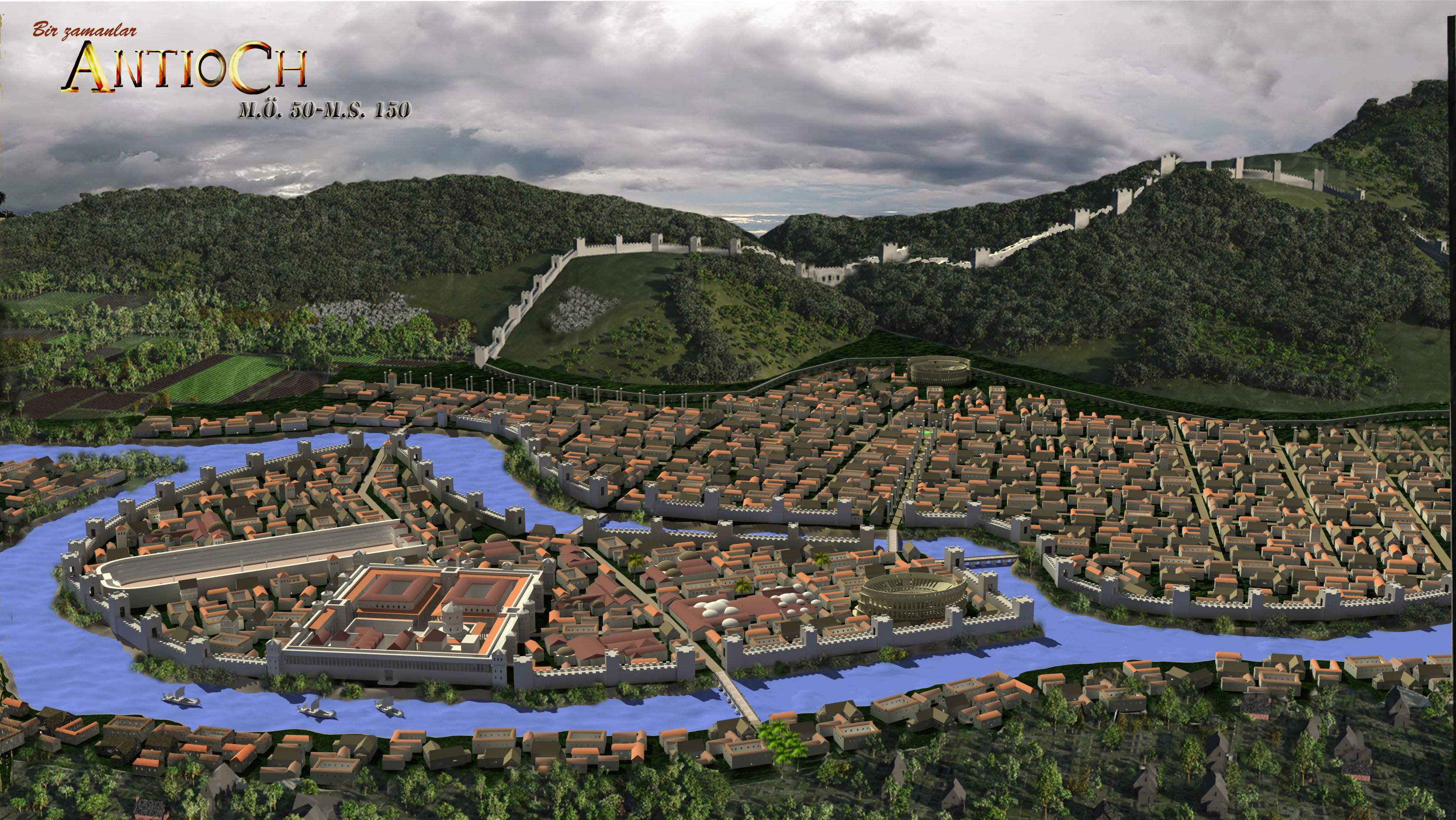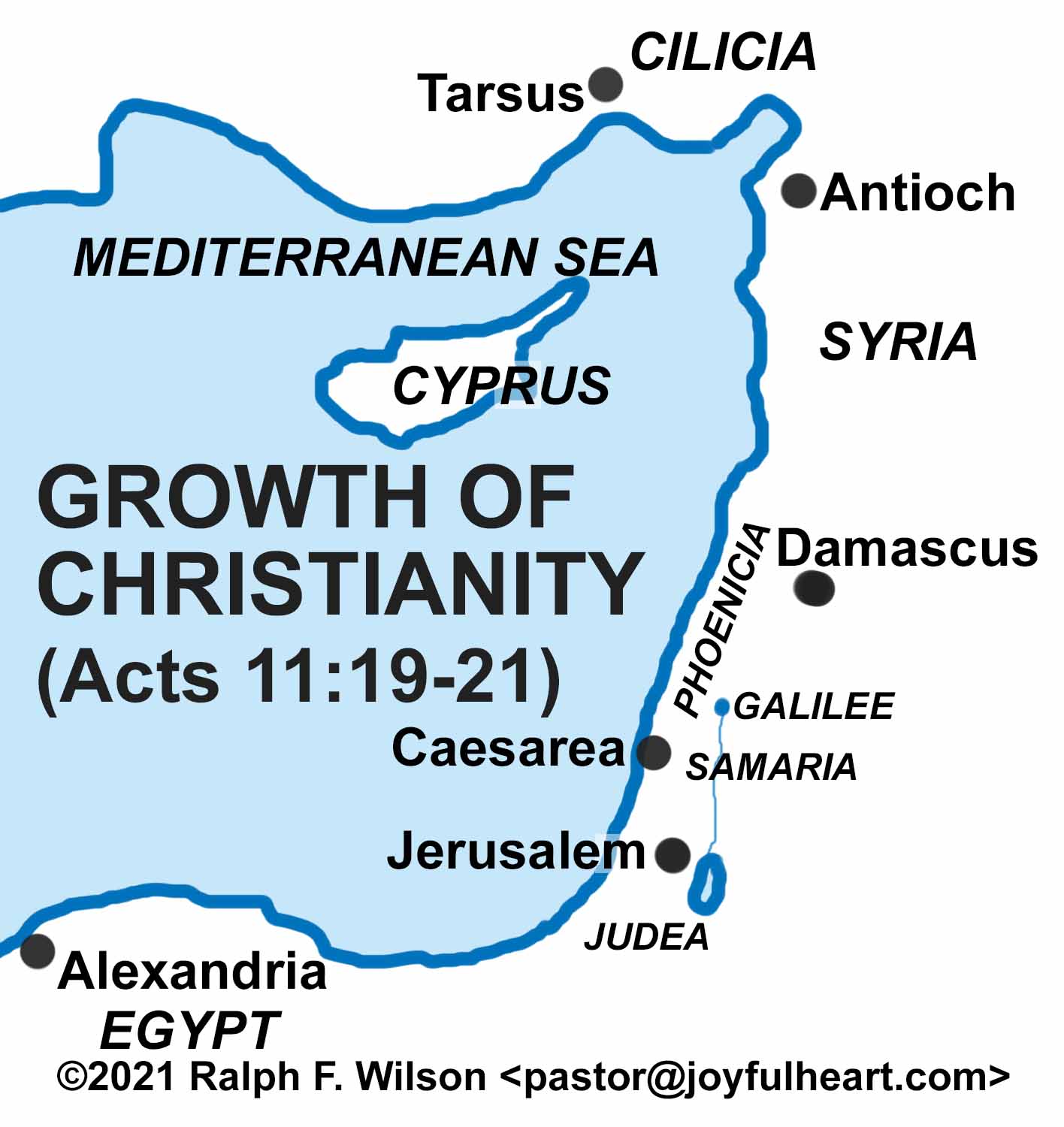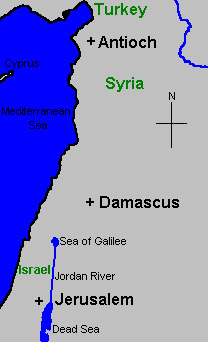Antioch: A City of Significance in the Bible and Beyond
Related Articles: Antioch: A City of Significance in the Bible and Beyond
Introduction
With enthusiasm, let’s navigate through the intriguing topic related to Antioch: A City of Significance in the Bible and Beyond. Let’s weave interesting information and offer fresh perspectives to the readers.
Table of Content
Antioch: A City of Significance in the Bible and Beyond
:max_bytes(150000):strip_icc()/04.28.14_Antioch-56a096985f9b58eba4b1d102.jpg)
Antioch, a city in modern-day Turkey, holds a prominent place in biblical history, serving as a pivotal location for the early Christian church. Its strategic geographic position and rich cultural tapestry played a crucial role in shaping the spread of Christianity throughout the Roman Empire.
Antioch’s Historical Context:
Antioch, founded in the 3rd century BC by Seleucus I Nicator, was a major city in the Hellenistic world. It was strategically located at the crossroads of trade routes, connecting the East and West, and served as the capital of the Seleucid Empire. This strategic position attracted diverse populations, creating a melting pot of cultures and religions.
Antioch’s Significance in the Bible:
The Book of Acts highlights Antioch’s importance in the early Christian movement. After the persecution in Jerusalem, the disciples scattered, and some found refuge in Antioch. This city became a significant center for Christian growth and outreach.
- The Birthplace of the Term "Christian": Acts 11:26 recounts that it was in Antioch where disciples were first called "Christians." This designation marked a significant shift in the early church’s identity, moving beyond Jewish roots and embracing a broader, universal message.
- A Hub for Missionaries: Antioch became a strategic base for missionary work, sending out Barnabas and Paul to spread the gospel to other regions. Their journeys, documented in the Book of Acts, demonstrate Antioch’s pivotal role in the expansion of Christianity.
- A Center for Theological Debate: Antioch was a center for theological discussions and debates, particularly regarding the nature of Jesus Christ. The Antiochene school of theology, known for its emphasis on Christ’s humanity, emerged in this city.
Antioch’s Significance Beyond the Bible:
Antioch’s historical importance extends beyond its biblical significance. It was a center for art, literature, and philosophy, with renowned figures like the Stoic philosopher Epictetus and the playwright Lucian of Samosata. The city’s rich cultural heritage left a lasting mark on the Roman world.
Exploring Antioch Today:
Visiting Antioch today offers a glimpse into its rich history. The city is home to numerous ancient ruins, including the remains of the Roman forum, the Temple of Apollo, and the Great Mosque. The Archaeological Museum showcases artifacts from the city’s past, offering insights into its cultural and religious diversity.
FAQs about Antioch:
1. Where is Antioch located?
Antioch is located in modern-day Turkey, near the Orontes River, in the Hatay Province.
2. What is the significance of Antioch in the Bible?
Antioch was a major center for early Christianity, where the term "Christian" was first used, and it served as a hub for missionary work.
3. What are some of the notable historical figures associated with Antioch?
Antioch was home to the Stoic philosopher Epictetus, the playwright Lucian of Samosata, and the early Christian leaders Barnabas and Paul.
4. What are some of the notable archaeological sites in Antioch?
The remains of the Roman forum, the Temple of Apollo, the Great Mosque, and the Archaeological Museum offer insights into Antioch’s rich history.
5. What is the current state of Antioch?
Antioch has experienced periods of decline and resurgence throughout history. Today, it is a modern city with a rich historical heritage.
Tips for Visiting Antioch:
- Plan your trip in advance: Research the best time to visit and book accommodation and transportation in advance.
- Explore the archaeological sites: Visit the Roman forum, the Temple of Apollo, and the Great Mosque to gain a deeper understanding of Antioch’s history.
- Visit the Archaeological Museum: Explore the museum’s collection of artifacts to learn about the city’s cultural and religious diversity.
- Engage with the local culture: Sample local cuisine, interact with locals, and immerse yourself in the city’s vibrant atmosphere.
Conclusion:
Antioch, a city steeped in history and faith, played a pivotal role in the spread of Christianity and the development of early Christian thought. Its strategic location, cultural diversity, and enduring legacy continue to captivate historians, theologians, and travelers alike. Visiting Antioch offers a unique opportunity to connect with the past and appreciate the enduring impact of this ancient city on the world.








Closure
Thus, we hope this article has provided valuable insights into Antioch: A City of Significance in the Bible and Beyond. We appreciate your attention to our article. See you in our next article!